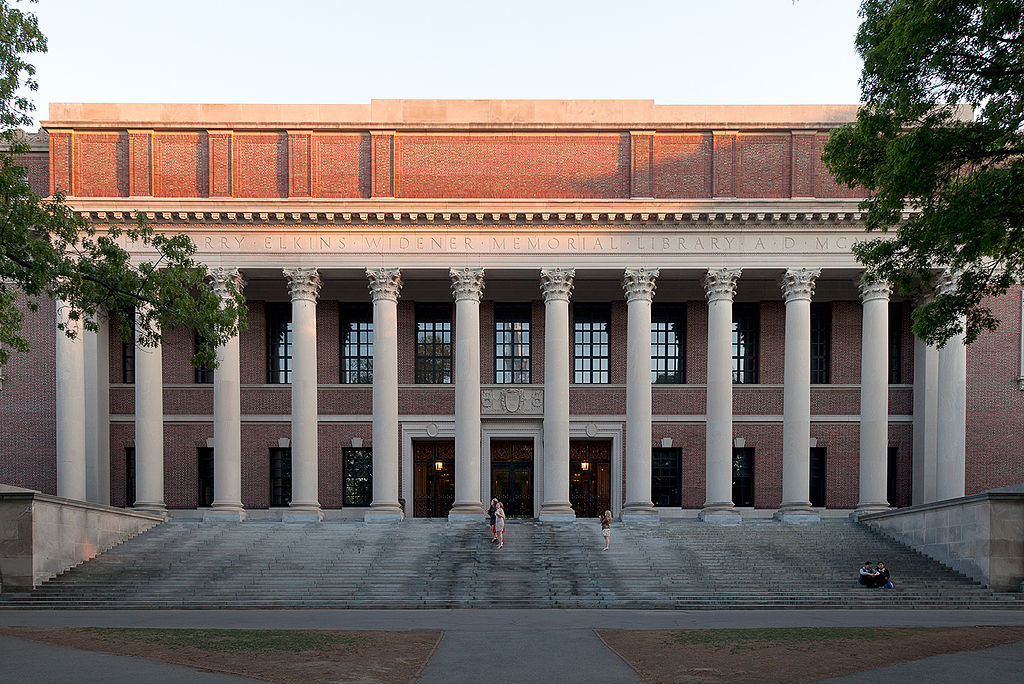What’s left to defend if we cut the future?
This year, the Dutch government announced significant cuts to higher education and science funding, up to 1 billion over the next four years. At the same time, the Netherlands is increasing defense spending to reach NATO’s 2 percent GDP target. What are we protecting if not the minds and hopes of the next generation? asks student Yesim Topuz.

Why invest in the military if we have nothing to defend? But most urgently, what happens to a society that sees education as an expense rather than an investment? As a student, these decisions are not just numbers in the equation but manifest themselves as pressure in the lecture room, uncertainty about my future and growing frustration.
The Dutch government’s planned reductions affect multiple areas: less money for research and innovation, cuts to international education programs and increased pressure on universities already struggling with staff shortages and rising student populations.
To be concrete, this would mean reduced support services, fewer research opportunities and overworked lecturers. For society, it means weakened democratic participation, growing inequality – especially for students from marginalized backgrounds.
Education and Democracy: A Fragile Relationship
Education is the cornerstone of any functioning democracy. Universities and schools are supposed to be spaces allowing individuals to think critically, engage with diverse perspectives and question power structures. This also may question our status quo, as of right now. When these spaces are neglected, democracy begins to erode.
Opinion Piece
This opinion piece is written by Yesim Topuz, a second-year Bachelor’s student in International Sociology at Tilburg University. Opinion pieces from third parties do not necessarily reflect the opinion of the editorial board.
Let’s take a look at the US. Since Trump’s rise to power in 2016, and now taking office again in 2024, the United States has seen a worrying increase in anti-intellectual sentiment and targeted attacks on education. Under the premise of ‘protecting children’ and similar, we see Republican lawmakers pushing to ban books, defund university programs focused on race, gender and critical theory and restrict discussions about American history and systemic injustice.
According to the Trump administration, academics are part of the ‘radical left.’ Such framings are incredibly harmful and we have to consider that anti-intellectualism is a starting point for fascism. This is an effort to delegitimize critical thought and silence uncomfortable truths – and it’s a warning to every democracy that chooses to underfund or politicize its education.
History shows us that one of the first targets of authoritarian and fascist regimes is always education. From Nazi Germany to contemporary autocracies, the strategy remains the same: control what people know, how they think, and what they’re allowed to question.
Silencing intellectuals, defunding universities, rewriting curricula. These are not isolated acts. They are coordinated moves to weaken collective memory and erase the tools of resistance. When we defund or politicize education, we don’t just damage universities, we open the door to regimes that fear an informed public. This is not a distant threat. It’s how it always begins.
The Rise of Anti-Intellectualism
The Trump administrations action against Harvard University is exemplary. $2.2 billion in federal grants were frozen after the university refused to comply with demands to dismantle its diversity, equity and inclusion, short DEI, programs, aligning with the administration’s political agenda. This move was widely criticized as an unprecedented attempt to undermine academic freedom and to coerce educational institutions into conforming to specific ideological positions.
Harvard, as one of the most influential academic institutions in the world, symbolizes the broader role of universities in upholding free inquiry and intellectual autonomy. When even an institution of this stature becomes a political target, it shows how vulnerable education systems everywhere can be to authoritarian overreach. So, universities must stand together. Now.
Why should we care?
While the Netherlands is (thankfully) not the United States, the logic of austerity and anti-intellectualism is not bound to geography. When governments treat education as dispensable, they chip away at the very infrastructure that keeps democracy alive.
If we want to safeguard democratic values, we must not wait until it is too late. We have to take action early. To protect our values, we must invest in the institutions that cultivate them. Education is not a luxury, it is the foundation for a democracy.
A Generation at the Breaking Point
We, the students, are tired. Tired of trying to keep up with the cost of living, navigating mental health crises, and keeping up academically. On top of that, we are being told to expect even less support from the very institutions meant to empower us?
International – or non EER students – will especially feel the consequences. Nonetheless, this isn’t just about them, it is about all of us. It is clear what we are being told: you are on your own.
Short-Term Savings, Long-Term Losses
Education is a crucial part of tomorrow’s world. This includes the economic aspects as well. Each euro spent on universities and education returns in the form of innovation through research, civic engagement through critical thinking and social mobility for underprivileged groups.
Studies have shown that general and higher academic education, particularly in systems with early tracking like the Netherlands, significantly enhances political interest and generalized trust — both essential for democratic resilience.
A 2019 study by Witschge et al., published in the British Educational Research Journal, confirms that the type of education a person receives shapes their long-term civic and political attitudes. By cutting funds to balance today’s books, we risk bankrupting tomorrow’s democratic fabric. With climate change, global crises and more issues to come, we need more education, not less.
What Are We Even Defending?
In the meantime, the Netherlands is ramping up defense spending. An impressive rise from 21.4 billion in 2024 to 24 billion by 2025. NATO’s 2% target needs to be met, justified by geopolitical tensions.
I can’t help but think: what good is an army in a country that undermines its thinkers and teachers?
Security is more than borders and tanks. It means having informed citizens. It is about resilience through knowledge. Critical thinking skills. Ideas need the space to thrive and the future needs a backsplash to be built on. If not in education, then where?
Final Thoughts
It is not too late. Budgeting is about priorities and priorities are subject to change. Policymakers must recommit to long-term investment in public education and protect such as a strength rather than a burden.
Cutting education is cutting the future. And once it’s gone, no amount of military power can bring it back. If we care about defending this country, we must start by funding what makes it worth defending.






